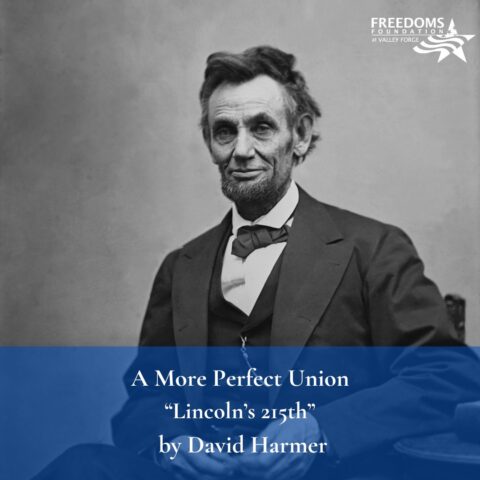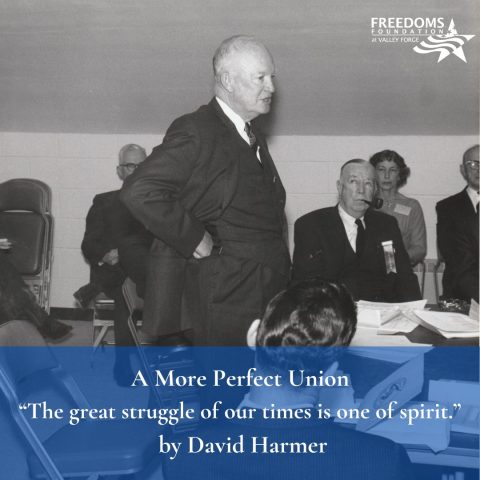Conviction, Compromise, and Congress

By David Harmer
Q: If pro is the opposite of con, then what is the opposite of progress?
A: Congress!
Attributed variously to Paul Harvey, Will Rogers, and other wags, that old joke gained new currency earlier this month when members of the newly elected House of Representatives met on January 3, as required by the 20th Amendment to the Constitution, but couldn’t be sworn in until four days later, as it took them that long to choose a Speaker. Finally elected on the 15th ballot, the new Speaker of the House administered the oath of office to the other members en masse, and the work of the 118th Congress belatedly began.
Not since the Civil War had the selection of a Speaker required so many attempts. It was widely reported that the delay was due to the inflexible demands of a small number of the majority caucus. Without expressing any opinion on the merits of those demands, may I share a few reflections on the legislative branch?
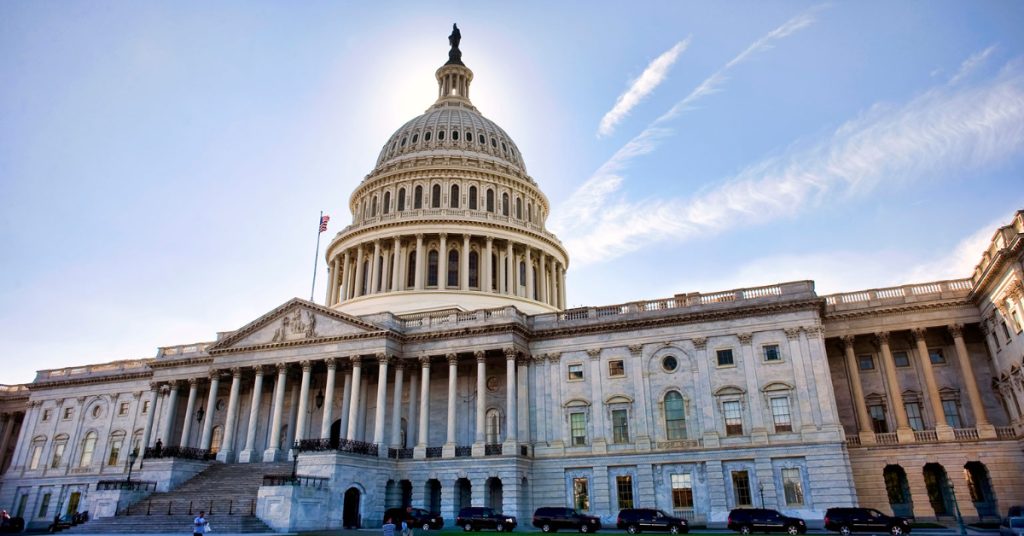
I.
In the interest of full disclosure, I nearly became a member of that branch 12 years ago. On November 15, 2010, I reported to my campaign supporters:
I’m writing from the Capitol in Washington, D.C., where I’m attending the orientation for new members of Congress. Since we don’t yet know whether I’ll become a new member of Congress, I’m participating with a unique blend of apprehension and hope.
The morning after the election, I led by a slender 23 votes out of 240,000 cast, and the House Administration Committee invited me to attend New Member Orientation. But the counting of late absentee and provisional ballots, which disproportionately favored the incumbent, continued well after Election Day, and the race remained undecided. Back to my dispatch:
Last night, at a dinner for the Republican freshmen in the Capitol’s magnificent Statuary Hall, I sat just a few feet from the site of John Quincy Adams’s old desk as Republican Leader and soon-to-be Speaker of the House John Boehner spoke of our charge from the American people. His watchword was humility; his counsel, servant leadership. He is determined to restore representation as the founders intended — a House that does the people’s business through the cumbersome, unpredictable, messy, but democratic means of legislation. He envisions a House where Representatives are actual legislators — not merely voters on proposals negotiated behind closed doors, but daily participants in the process of investigation, persuasion, negotiation, and debate.
Whether Speaker Boehner succeeded in his stated intent I’ll leave to the judgment of history. But the kind of Congress he described was the kind I aspired to help create, and I believe the kind the founders intended.
II.
Asked to name the three branches of government, most respond, “Executive, legislative, judicial.” Right labels; wrong order.
The Constitution first establishes the legislative branch; Article I devotes 2,268 words to the task. Article II takes only 1,025 words to establish the executive, and Article III a mere 377 words to establish the judiciary. The order is intentional; as Madison said in Federalist 51, “In republican government, the legislative authority necessarily predominates.” Likewise, the word count is instructive, reflecting the scope of powers delegated. The founders created a strong executive but an even stronger legislature.
We sometimes refer to “coequal” branches, but that’s not quite right. Although the Constitution enables each branch to check and balance the others, the branches are not equal in authority. Over time, the legislature has abdicated considerable authority to the executive; even so, it remains primary in importance under the Constitution.

III.
Several Founding Fathers characterized the outcome of the Constitutional Convention as miraculous. I used to believe that the miracle was the work product—the text of the Constitution itself. And that is indeed miraculous. But the more I study the founding, the more I perceive the real miracle as being the process that led to the Constitution’s creation, or more fundamentally, the qualities of character that enabled that process to work.
That group of alpha males—each of them brilliant, many of them wealthy, all of them influential, and most of them accustomed to getting their way—agreed to subsume their individual and parochial interests for the good of the whole. That’s the miracle: they agreed to agree. Washington later wrote to the Marquis de Lafayette:
It appears to me, then, little short of a miracle, that the Delegates from so many different States (which States you know are also different from each other in their manners, circumstances, and prejudices) would unite in forming a system of national Government, so little liable to well founded objections.
In his cover letter transmitting the Constitution, Washington characterized it as “the result of a spirit of amity and of that mutual deference and concession which the peculiarity of our political situation rendered indispensable.”
IV.
Might our present political situation likewise benefit from amity, mutual deference, and concession? Such civic virtues may be rare in politics, but they’re as valued as ever at Freedoms Foundation at Valley Forge. In just a few days, our 2023 youth programs will begin providing young citizens immersive instruction not only in the mechanisms of American government but in the qualities of character that enabled its establishment—and will ensure that it endures.
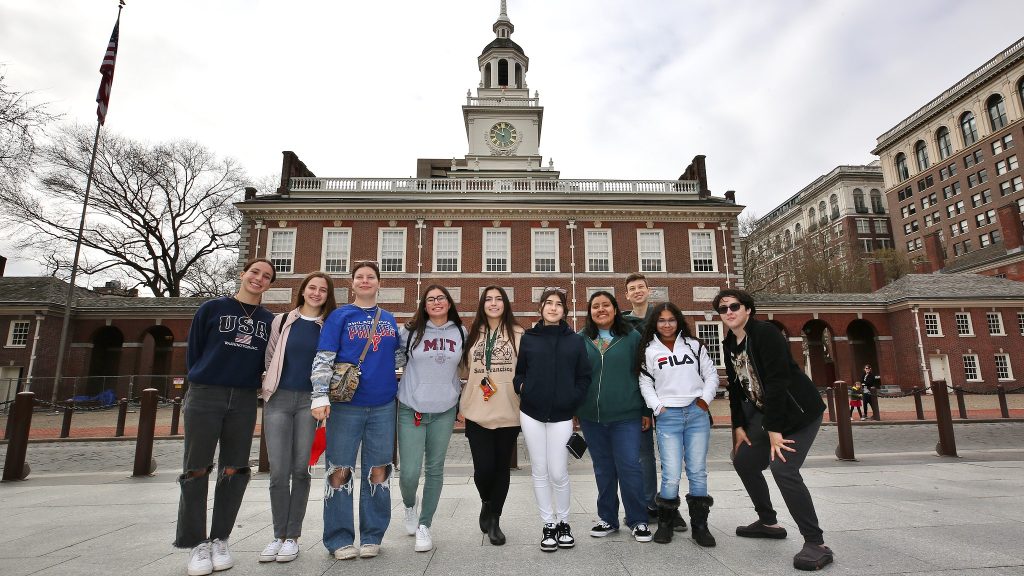
___
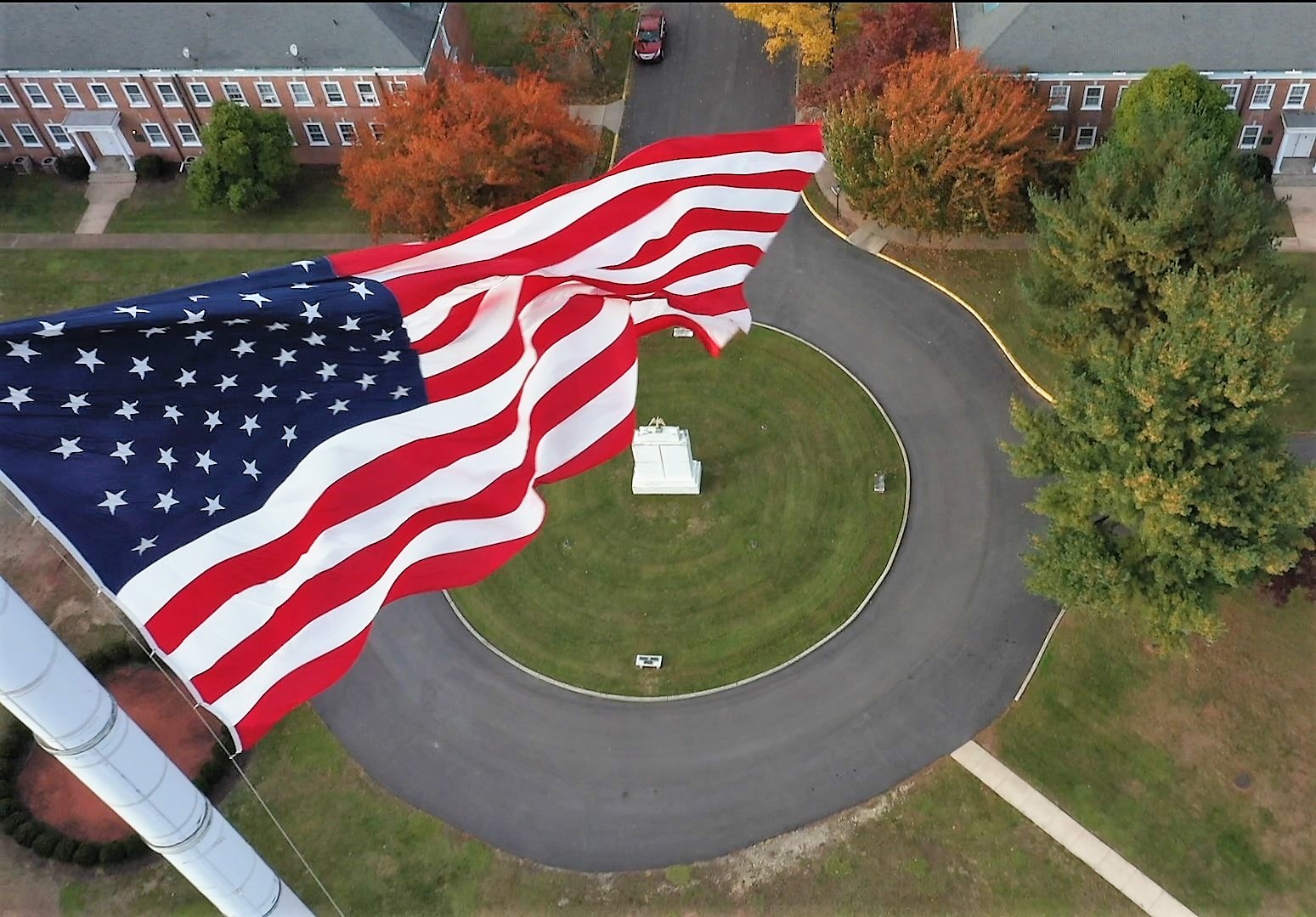
Donate Today
Supporting America’s first principles of freedom is essential to ensure future generations understand and cherish the blessings of liberty. With your donation, we will reach even more young people with the truth of America’s unique past, its promising future, and the liberty for which it stands. Help us prepare the next generation of leaders.

